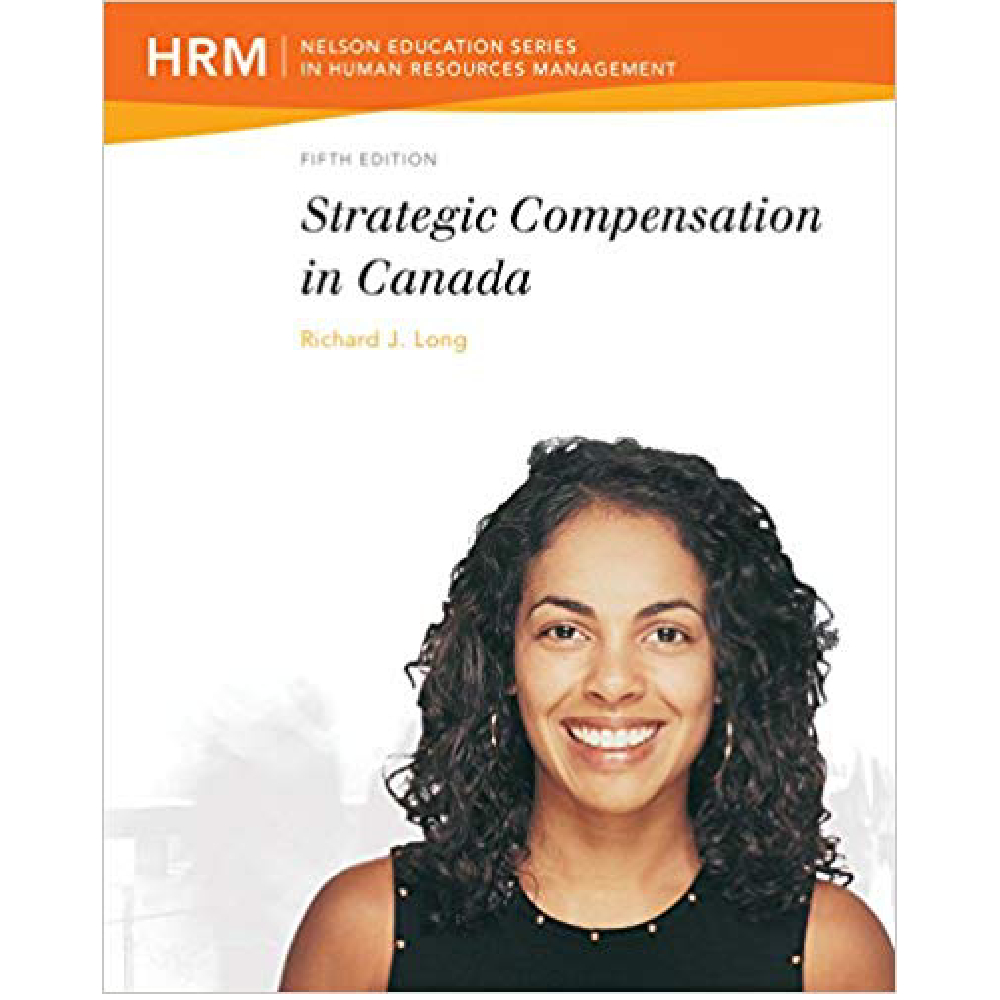Overview
Chapter 11
Designing Performance Pay Plans
True / False
1. In order for the Scanlon plan to work, organizations must be able to predict future cost of inputs, particularly labour.
ANS: F PTS: 1 REF: 391 OBJ: 1
2. Improshare provides a ratio of labour hours per unit of output, generally based on metrics from the previous fiscal year.
ANS: T PTS: 1 REF: 392 OBJ: 1
3. The Scanlon plan has changed over the years. A central reason for these changes is the notion that employees can reduce labour input as a function of output by increasing other costs.
ANS: T PTS: 1 REF: 391 OBJ: 1
4. Gain sharing is not a viable plan to use if no valid historical benchmark can be set.
ANS: T PTS: 1 REF: 394 OBJ: 1
5. A rolling baseline goes up each year there is a productivity gain, and last year’s productivity becomes the new baseline.
ANS: F PTS: 1 REF: 395 OBJ: 1
6. As a general rule, the broader the formula used to determine the pool of funds available for gain sharing the lower the “share.”
ANS: T PTS: 1 REF: 395 OBJ: 2
7. Financially funded plans combine at least two criteria in establishing goal-sharing bonuses. Often, one of those variables is organizational profitability, making such plans highly motivational to employees.
ANS: F PTS: 1 REF: 398 OBJ: 2
8. Deferred profit-sharing plans are often used as quasi pension plans, particularly in medium-sized companies.
ANS: T PTS: 1 REF: 401 OBJ: 3
9. A phantom stock plan ties an employee’s bonus to the performance of company stock, but that employee never actually receives any stock.
ANS: T PTS: 1 REF: 409 OBJ: 4
10. Research supports the notion that if adequate monetary compensation is in place, coupled with an open and supportive management–employee environment, nonmonetary-based recognition tends to offer little value to stakeholders.
ANS: F PTS: 1 REF: 413 OBJ: 5













Reviews
There are no reviews yet.